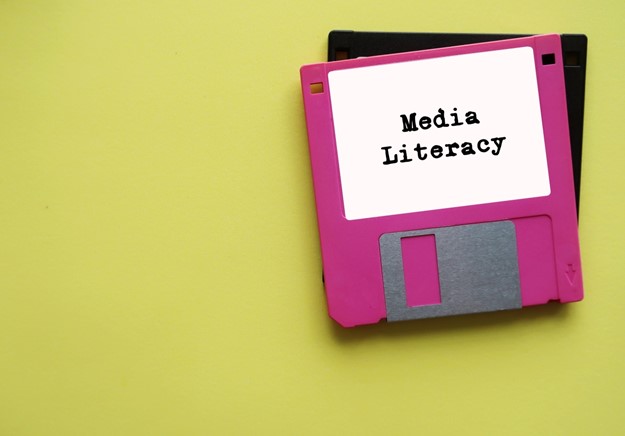In an era dominated by digital media, the ability to discern reliable information from misleading or false content is more crucial than ever. Media literacy, a skill often overlooked, is essential for navigating the complex landscape of modern communication. This comprehensive article aims to explore the importance of media literacy, emphasizing its role in critically evaluating news sources, understanding biases, and combatting the spread of fake news.
The Essence of Media Literacy
Media literacy is the ability to access, critically analyze and understand the messages we receive through various forms of media. It encompasses skills beyond mere consumption; it involves critical thinking, contextual understanding, and analytical capability. In a world where the barriers to publishing information are virtually non-existent, the ability to sift through the noise to find credible, accurate information is indispensable.
The Overwhelming World of Digital Media
The internet has revolutionized how we access and consume information. With a few clicks, we can traverse continents, delve into the depths of any subject, and connect with diverse perspectives. However, this ease of access also brings challenges. The vast expanse of digital media makes it increasingly difficult to distinguish between factual reporting, biased commentary, and outright misinformation.
Critical Evaluation of News Sources
In the digital age, anyone can be a publisher, but not everyone is a reliable journalist. Media literacy teaches us to evaluate news sources critically. This evaluation involves several steps:
- Checking the Credibility: Understanding the reputation and standards of the news source.
- Examining the Evidence: Looking for supporting data and cross-referencing facts.
- Identifying the Sources: Recognizing whether the sources quoted are credible and relevant.
- Spotting the Bias: Understanding that every source may have its own slant or bias and recognizing how it shapes the information presented.
Understanding and Recognizing Biases
Media is not a mere reflection of reality; it is a representation shaped by those who create it. Every media outlet, journalist, and content creator have their own set of biases – be it political, cultural, or personal. Media literacy involves recognizing these biases and understanding how they influence the portrayal of news and events. It is about developing the ability to read between the lines and understand the underlying messages and motivations.
The Battle Against Fake News and Deepfakes
The proliferation of fake news and the advent of sophisticated AI technologies, such as deepfakes, have introduced new challenges in discerning truth from fiction. Deepfakes, hyper-realistic video or audio content manipulated using AI, pose a significant threat as they make the distinction between real and fabricated content increasingly difficult. Media literacy in this context involves not only identifying potential fake news but also being aware of the existence of deepfakes. It requires individuals to triple-check sources and information, corroborating with multiple reliable sources before accepting anything as truth. This heightened level of scrutiny is essential in an age where seeing or hearing is no longer believing.
The Role of Education in Promoting Media Literacy
Educational institutions have a pivotal role in cultivating media literacy. Integrating media literacy into school curricula ensures that students from a young age are equipped with the tools to analyze media content critically. Moreover, continuous adult education programs can also help in educating the wider population, ensuring that all age groups are capable of discerning and evaluating media content effectively.
Media Literacy and Democracy
The health of a democracy largely depends on an informed and educated electorate. Media literacy not only empowers individuals with the knowledge and skills to evaluate information critically but also encourages active participation in democratic processes. Informed citizens are better equipped to make decisions, engage in meaningful dialogue, and hold those in power accountable.
In conclusion, media literacy is not just a valuable skill but a necessary one in the digital age. It enables individuals to navigate the complex media landscape, discerning truth from falsehood, and understanding the biases that shape our perception of the world. As media continues to evolve, the importance of media literacy becomes increasingly paramount. It is the cornerstone of a well-informed public, essential for personal empowerment and the sustenance of democratic societies. As such, media literacy should be a fundamental component of education and lifelong learning, ensuring that every individual is equipped to face the challenges of the modern information environment.
